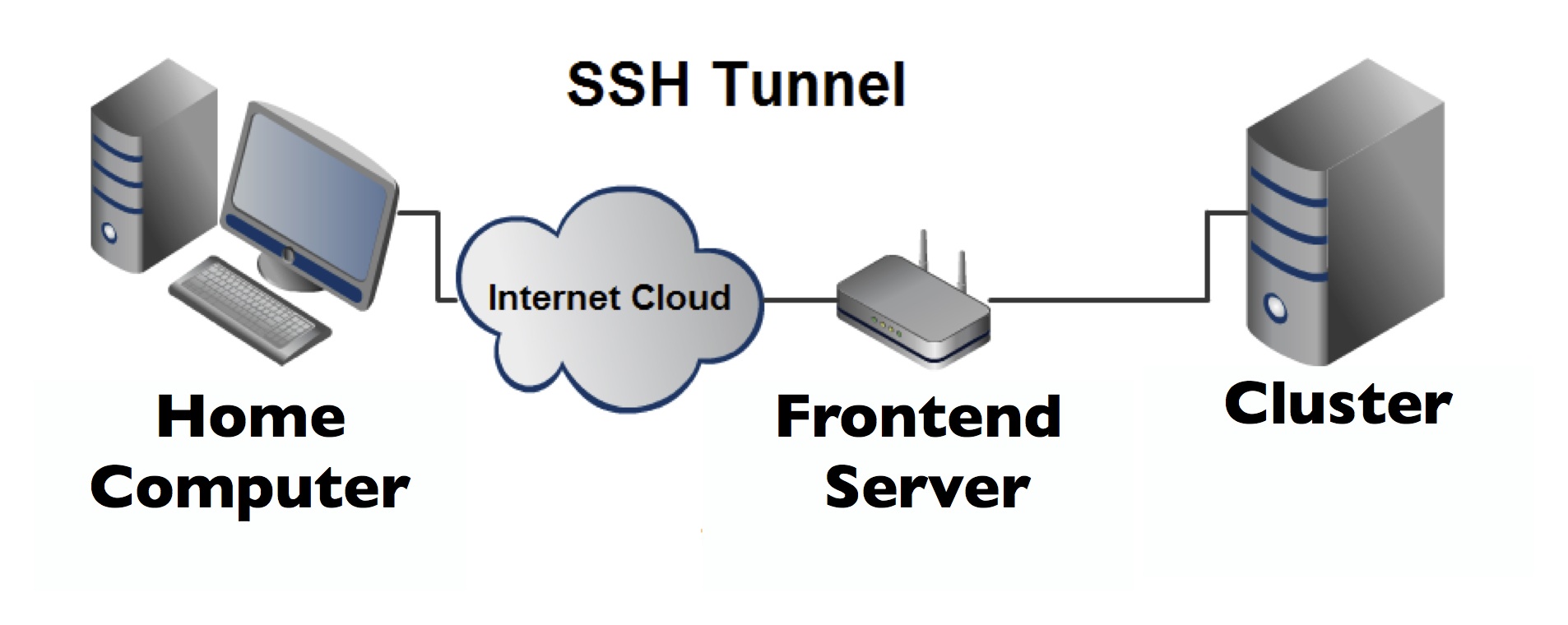 For those of you that read my other post about useful .cshrc functions, you know that I like to automate as many processes as possible. If there is something redundant that I do frequently, I will script it or make a function to take care of it.
For those of you that read my other post about useful .cshrc functions, you know that I like to automate as many processes as possible. If there is something redundant that I do frequently, I will script it or make a function to take care of it.
In an effort to assist those of you out there that like to automate processes but use bash instead of C-Shell, I have compiled a list of some useful functions to stick in your .bashrc file. Here is a list of the functions that this post will contain:
- Extract: This function will determine the type of archive you are dealing with, and issue the corresponding command to extract it.
- Compress: This function will create a .tar.gz archive of whatever files you give.
- Swap: This function will swap the names of 2 different files.
- Clock: This is just a random function that will display a digital clock in your terminal window and update every second.
- Cpg: This function will copy a file to a directory, and also
cdyou to a directory. - Mvg: This function works like Cpg, but moves the file instead of copying it.
- Findit: This function will search for a file with the given pattern in the name.
Function Extract
# Handy Extract Program.
function extract() {
if [ -f $1 ] ; then
case $1 in
*.tar.bz2) tar xvjf $1 ;;
*.tar.gz) tar xvzf $1 ;;
*.bz2) bunzip2 $1 ;;
*.rar) unrar x $1 ;;
*.gz) gunzip $1 ;;
*.tar) tar xvf $1 ;;
*.tbz2) tar xvjf $1 ;;
*.tgz) tar xvzf $1 ;;
*.zip) unzip $1 ;;
*.Z) uncompress $1 ;;
*.7z) 7z x $1 ;;
*) echo "'$1' cannot be extracted via extract()" ;;
esac
else
echo "'$1' is not a valid file"
fi
}
Use: extract archive.tar.gz
Function Compress
function compress() # create .tar.gz archive
{
tar -cvzf $1 $2
}
Use: compress archive.tar.gz ~/Desktop/*
Function Swap
function swap() # Swap 2 filenames around, if they exist
#(from Uzi's bashrc).
{
local TMPFILE=tmp.$$
[ $# -ne 2 ] && echo "swap: 2 arguments needed" && return 1
[ ! -e $1 ] && echo "swap: $1 does not exist" && return 1
[ ! -e $2 ] && echo "swap: $2 does not exist" && return 1
mv "$1" $TMPFILE
mv "$2" "$1"
mv $TMPFILE "$2"
}
Use: swap file1.txt file2.txt
Function Clock
# clock - a little clock that appeares in the terminal window.
# Usage: clock.
#
clock ()
{
while true;do clear;echo "===========";date +"%r";echo "===========";sleep 1;done
}
Use: clock
Function Cpg
#copy and go to dir
cpg (){
if [ -d "$2" ];then
cp $1 $2 && cd $2
else
cp $1 $2
fi
}
Use: cpg file.txt /path/to/dir
Function Mvg
#move and go to dir
mvg (){
if [ -d "$2" ];then
mv $1 $2 && cd $2
else
mv $1 $2
fi
}
Use: mvg file.txt /path/to/dir
Function Findit
# find a file with pattern in name
findit (){
if [ -z ${1} ];then
echo "Please pass an argument that you want to search for"
else
find . -iname "*$1*" -print
fi
}
Use: findit stringToSearchFor
Note: findit function is NOT case-sensitive
Feel free to modify any of the functions to your liking.
Have a function that you would like to share? Post it in the comments!
74VYGRY8335Z


# convert text to lowcase
lower() { echo ${@,,}; }
calc(){ echo "scale=2;$@" | bc;}
ff () { find . -type f -iname '*'"$@"'*' ; }
mkcd() { mkdir -p "$@" && cd $_; }
alias path='echo -e ${PATH//:/
}'